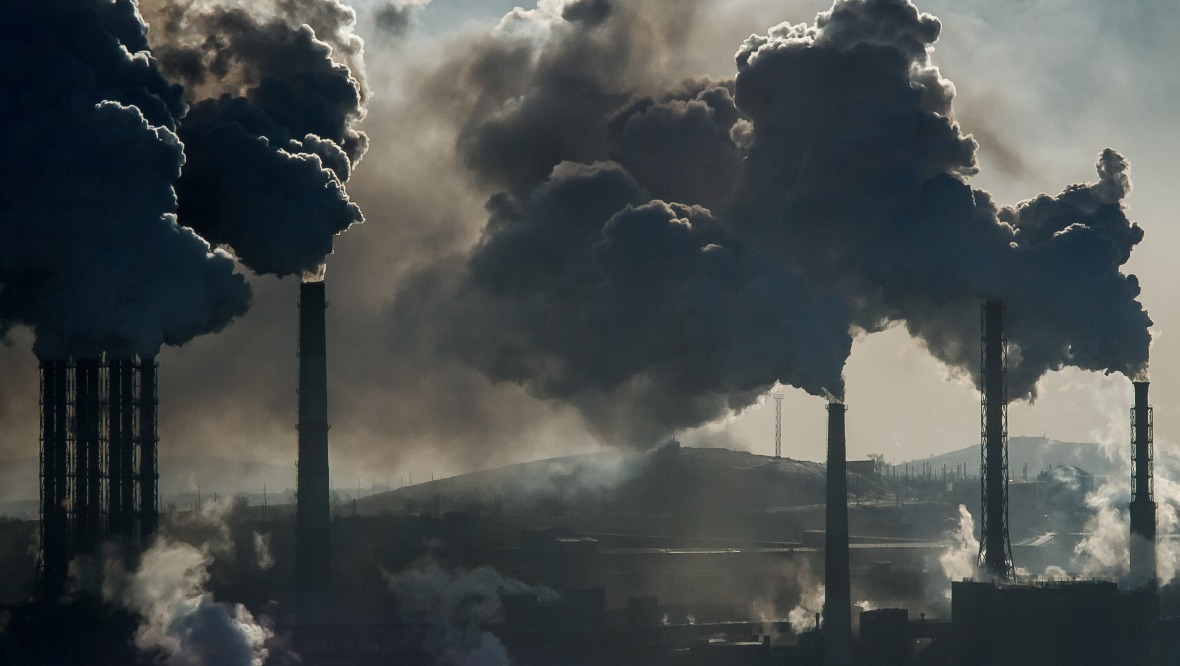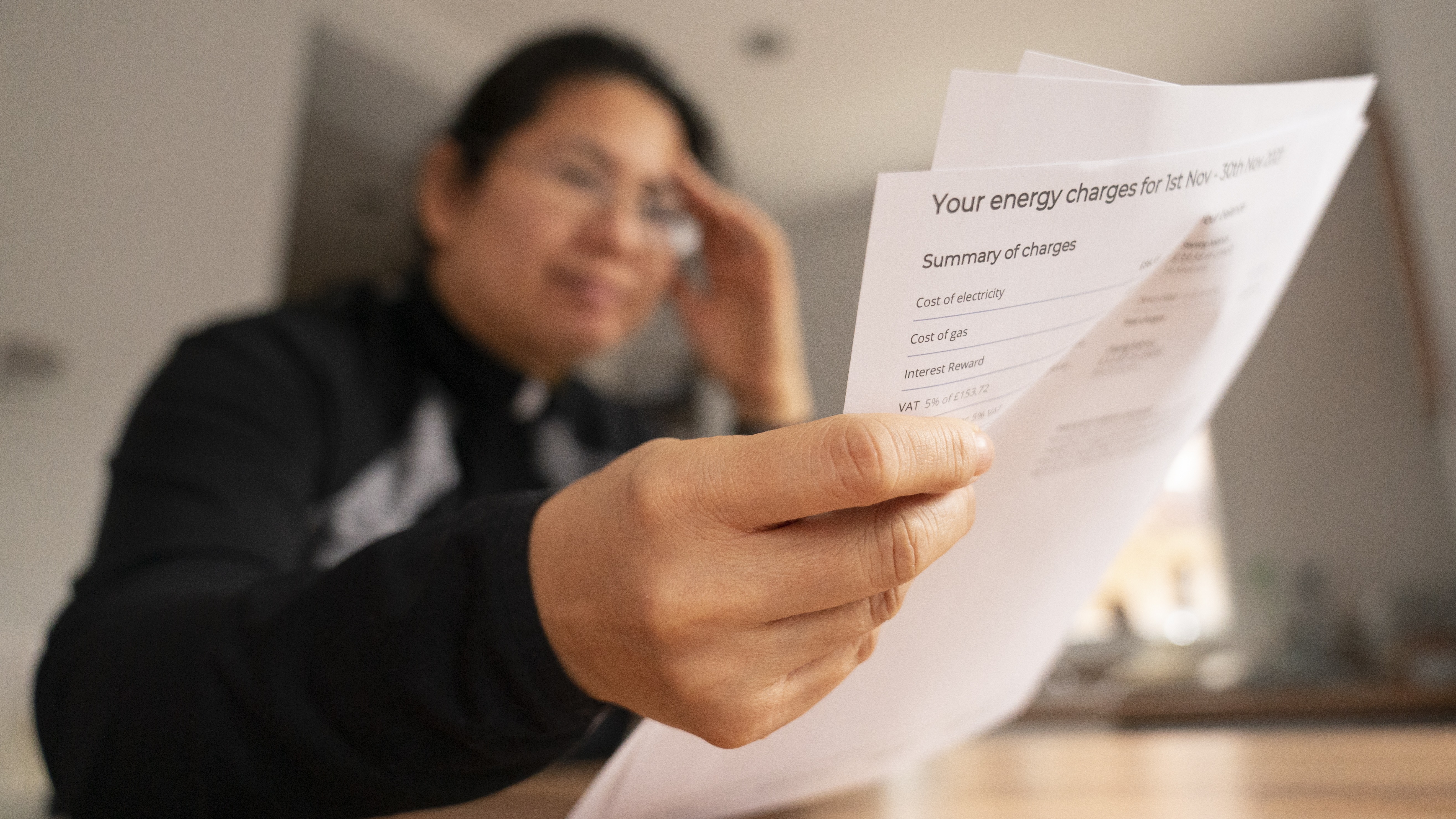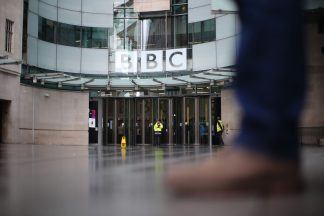Delegates have agreed to “transition away” from fossil fuels for the first time at the Cop28 climate talks in Dubai.
Language in the agreement was strengthened after widespread anger at a draft in which it suggested that countries “could” reduce fossil fuels but left too many holes for many nations to live with.
Sultan al-Jaber, the Cop28 President, said the delegates had gone down “a long road in a short amount of time”.
Many countries, such as small island states which are severely threatened by rising seas, believe there are still too many loopholes in the agreement but expressed confidence that it will lead to stronger action in future.
Developing nations reliant on fossil fuels for their economies also want to see the rich world provide more funding for their energy transitions.
The agreement defied the expectations of many observers who thought that the host country being a major oil exporter would be too much of a conflict of interest.
Opec, which represents oil-producing nations, had sent round a letter to its members in the final days of the negotiations urging them to reject any language that would commit them to a “phase-out” of fossil fuels.
The EU, UK and US all said they want to see stronger action that would keep the Paris Agreement of limiting global temperature rise to no more than 1.5C above pre-industrial levels – what Mr al-Jaber called his “north star”.
Mohamed Adow, director of Power Shift Africa, said: “For the first time in three decades of climate negotiations the words fossil fuels have made it into a Cop outcome.
“We are finally naming the elephant in the room. The genie is never going back into the bottle and future Cops will only turn the screws even more on dirty energy.”
Follow STV News on WhatsApp
Scan the QR code on your mobile device for all the latest news from around the country


 iStock
iStock
























